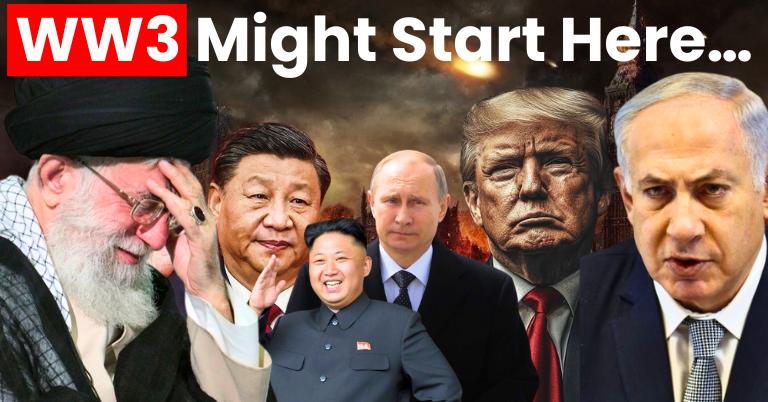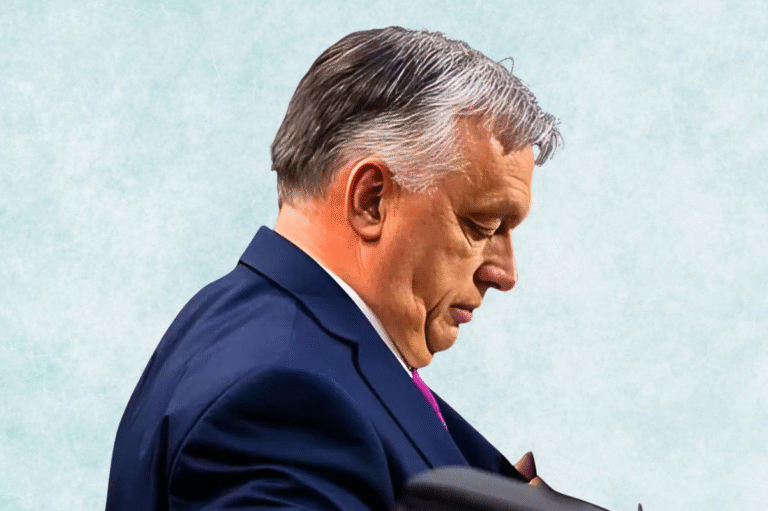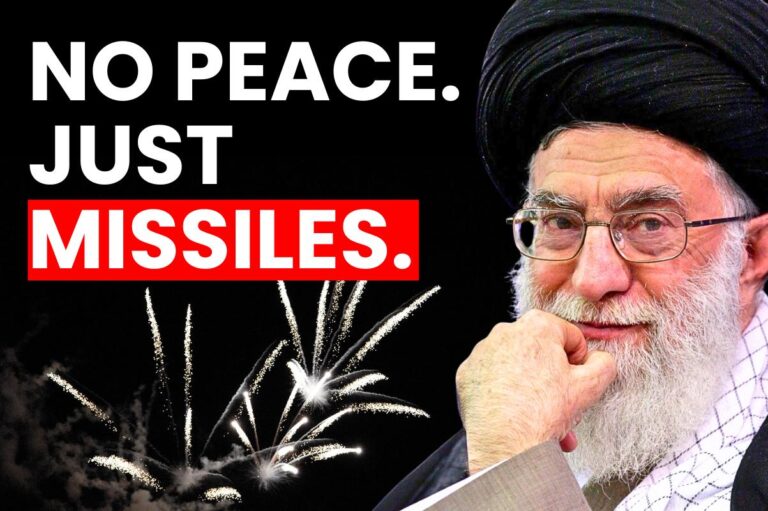U.S. Halts Missile Shipments to Ukraine Temporarily Amid Stockpile Concerns
In a notable policy shift, the U.S. Halts Missile Shipments to Ukraine. This decision, announced by Pentagon officials on June 26, 2025, stems from growing concerns about the depletion of domestic military stockpiles. The move comes amidst heightened scrutiny of U.S. defense readiness and escalating tensions on multiple global fronts.
The suspension of missile shipments to Ukraine has raised concerns about the sustainability of American military aid to Ukraine as the war with Russia continues into its third year. This move could potentially hinder the ongoing counteroffensive and disrupt the broader balance of power on the Eastern Front.
Also read, Senate Passes Trump’s ‘One Big Beautiful Bill’ with Tax Cuts and Medicaid Cuts.
Pentagon Cites National Security and Stockpile Depletion
According to a report by Politico, U.S. defense officials expressed concern that continued missile transfers particularly Javelins, HIMARS, and Stingers could leave the United States vulnerable in the event of another conflict or crisis. A senior Pentagon spokesperson stated, “We are reviewing our strategic reserves to ensure U.S. readiness is not compromised.”
The Department of Defense also emphasized the need to reassess military aid strategies and accelerate domestic production of high-demand munitions. The temporary halt in missile shipments to Ukraine is expected to last several weeks while military analysts conduct a stockpile audit.
Impact on Ukraine’s War Effort
Ukraine’s military has heavily relied on U.S. missile systems to repel Russian advances and conduct targeted strikes. However, Ukrainian officials expressed concern over the delay in receiving these systems. Defense Minister Rustem Umerov acknowledged the U.S. decision but emphasized the importance of ensuring the continuity of supply chains crucial to their defense.
Analysts caution that any disruption in missile deliveries to Ukraine could hinder operations in contested regions such as Zaporizhzhia and the Donbas. Nevertheless, Kyiv remains optimistic that other NATO partners, including Germany and the United Kingdom, will assist in bridging this gap..
Allies React to U.S. Missile Shipment Freeze
European allies responded to the decision to halt missile shipments to Ukraine with a variety of reactions. While the U.K. Ministry of Defence acknowledged the importance of national readiness concerns, it also emphasized its commitment to providing additional aid to Ukraine if necessary.
Eastern European nations, including Poland and the Baltic states, urged Washington to resume shipments promptly. They warned that a delay could embolden Russian aggression. A joint statement from the Visegrád Group, comprising the Czech Republic, Hungary, Poland, and Slovakia, emphasized the importance of solidarity, stating that it must not falter in the face of exhaustion.
Political Repercussions in Washington
The move has ignited domestic debate within Congress. Senate Republicans, including Minority Leader Mitch McConnell, are concerned that the suspension of missile deliveries to Ukraine could convey a contradictory message to both our allies and adversaries.
On the contrary, some Democrats and members of the House Freedom Caucus supported the decision, asserting that the United States must prioritize its global responsibilities while simultaneously ensuring homeland security and defense preparedness.
President Joe Biden, who had previously pledged unwavering support for Ukraine, has yet to directly comment on the pause. However, National Security Advisor Jake Sullivan reassured the public that the administration remains “fully committed to Ukraine’s sovereignty and long-term security.”
U.S. Plans to Boost Domestic Missile Production
As part of its broader strategic shift, the Pentagon is collaborating with defense contractors such as Raytheon and Lockheed Martin to enhance domestic missile production capabilities. In 2024, Congress allocated a substantial $4.6 billion investment to modernize munitions plants and mitigate reliance on international supply chains.
The White House has suggested that once domestic stockpile levels stabilize, missile deliveries to Ukraine will resume on a rolling basis. In the meantime, the U.S. will continue to provide Ukraine with non-lethal aid, surveillance technology, and training support.
Conclusion
The temporary halt in U.S. missile shipments to Ukraine is a strategic decision aimed at safeguarding national readiness while allowing for a thorough reassessment of long-term defense aid strategies. While this move may cause short-term logistical challenges, the Pentagon maintains that it does not indicate a reduction in overall support for Ukraine.
This development underscores the intricate nature of sustaining large-scale military assistance amidst global tensions. It also emphasizes the urgent need for scalable, secure, and balanced foreign policy strategies in the ever-changing geopolitical landscape.






